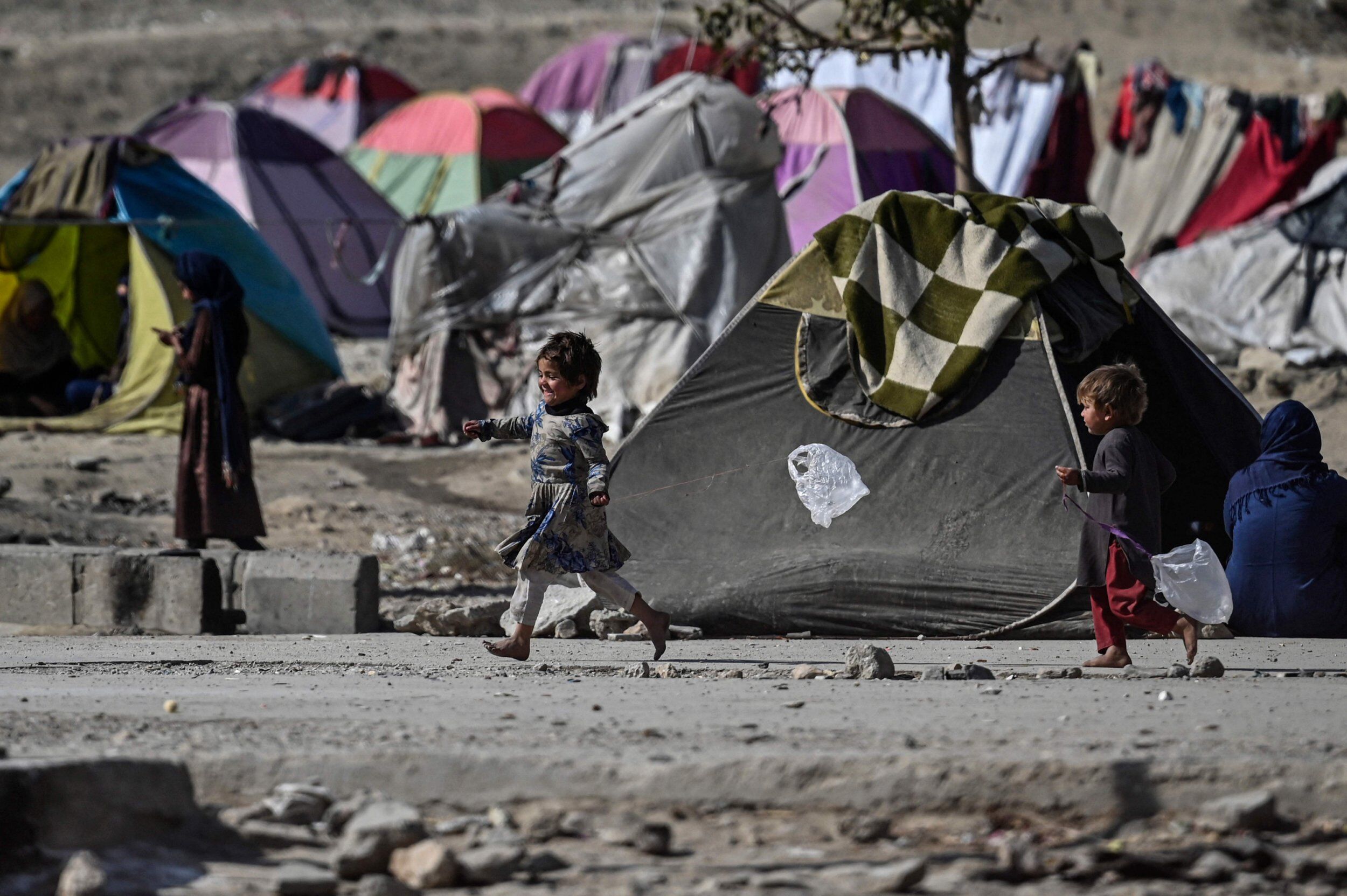Crocodile tears?
Pakistan’s apparent efforts to garner foreign assistance for Afghanistan will remain futile unless it takes resolute steps to alleviate the prevailing humanitarian crisis

There has never been a diluting moment for Afghanistan, especially in the aftermath of the Taliban takeover some five months ago. Sadly, the country is reeling under a severe humanitarian crisis, with acute food shortages threatening the sustainability of children and creating an unprecedented economic downslide without any signs of improvement. But that's hardly surprising. Pakistan is a country that has been making maximum noise in an apparent bid to draw global attention to redress the problems in order to prove to the Taliban regime that it cares for it. However, how genuine the shed tears look is a bit dubious. Just to remain at the centrestage, Pakistan has been crying hoarse that Afghanistan needs a massive financial assistance but, at the same time, little emphasis is given on the Taliban's leadership to rein in domestic terror and improve the condition of women and children, or for that matter, to end the medieval excesses against the women for non 'compliance' of Sharia. Pakistan had even involved the OIC to bring some help but was conspicuously silent on prioritising an end to the ongoing oppression.
Interestingly, Prime Minister Imran Khan (PMIK) came out with an impractical plan, far from being feasible, reiterating the call to the international community (Jan 23) for helping Afghanistan under the international doctrine of Responsibility to Protect (R2P). Through this plea, the Pakistani PM wants the global community to fulfil the international commitments towards the Afghan people. However, this has immediately drawn a flak from within Pakistan itself. Former Pakistani foreign ministry spokesperson and erstwhile High Commissioner to India, Abdul Basit summarily dismissed PMIK's appeal saying that R2P has nothing to do with the current humanitarian crisis in Afghanistan. Insinuating the plans of the PM, Basit strongly asserted that people who are making such interpretations are frivolous and dangerous. Meanwhile, knowledgeable quarters say there is no international norm on part of the Global Centre for R2P that requires the international community to provide help unless there is an end to mass-level atrocities, genocide, war crimes, ethnic cleansing and crime against humanity. But that's not the case with the current regime in Afghanistan.
In fact, the Taliban-led Afghanistan government is struggling to survive in the absence of economic aid from any quarter, and the future is as grim as the present. Frustrated by this, the Afghan PM Mohd Hassan Akhund called upon (Jan 19) all the Muslim countries to be among the firsts to recognise Afghanistan in the wake of acute humanitarian crisis the country is afflicted with. Even worthwhile assistance from the OIC doesn't seem forthcoming. Interestingly again, China has evinced renewed interest through expressing its willingness to maintain communication with the Taliban government in Kabul. Chinese Foreign Minister Wang Wenbin also hinted that the country will soon recognise the Taliban regime. Such overtures and statements have come in the past too, but in substantial terms. There hasn't been much forward development, and the status quo more or less remains the same. In another related development on Afghanistan, for the first time since the Taliban took over on August 15, a Taliban delegation has been in Norway to press upon the Western countries to rush aid to Afghanistan for pulling it out from the woods in the wake of the worst economic situation prevailing currently. Taliban representative Shafiullah Azam met delegates from the EU, the UK, the US, France and Italy for release of funds. However, how much would it succeed is a million-dollar question.
In the beginning, it has been mentioned about Pakistan making hullabaloo over humanitarian crisis, keeping silence on acts of terror in Afghanistan at the same time. The Tehreek-e-Taliban Pakistan (TTP), in the meantime, has stepped up terror activities in Pakistan. It's linkages with the Taliban radicals operating in Afghanistan are well known. Emergence of ISIS(K) is another nightmare for Pakistan. There have been blasts in Lahore's crowded Anarkali Bazaar; other parts of Afghanistan have also not been spared with terror assaults. The nexus between terrorists on both sides of the borders needs to be broken for the good of all. Unless both the countries provide an assurance of a terror-free region to the international community, all appeals for humanitarian assistance, including R2P, will fall on deaf ears; such hollowed pleas are unlikely to work. This would be an exercise in futility. And, shedding crocodile tears for Afghanistan in the name of bailout packages will be a mere eye wash. The losers will be ordinary Afghans, especially the women and children, who continue to suffer without any fault. They are victims of the Taliban's terrorising acts. Is PMIK listening?
The writer is a retired IPS officer, a security analyst and a former National Security Advisor to the PM of Mauritius. Views expressed are personal



